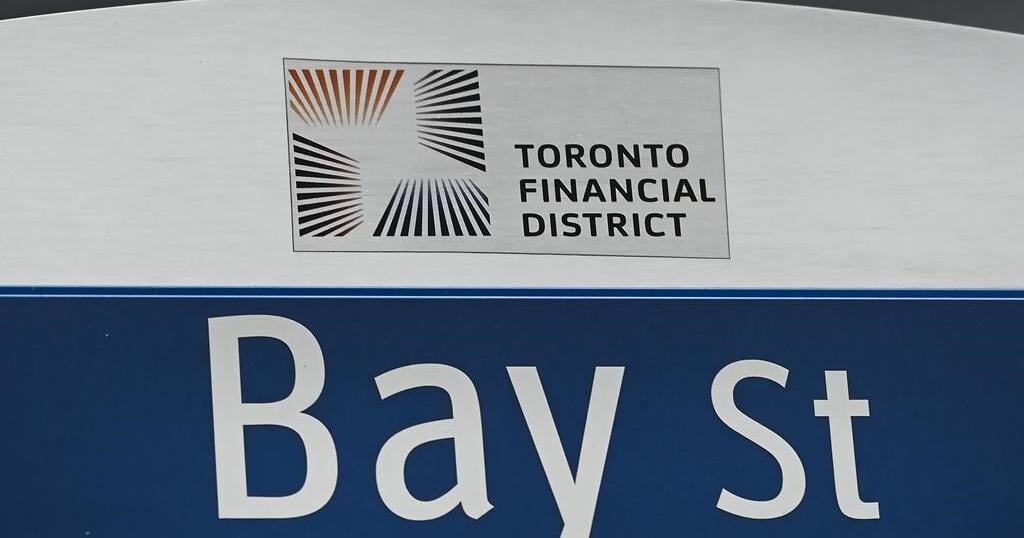The Sudanese military and security forces have a sprawling monopoly over the country’s economy, a system that must be tackled to restore the country’s transition to democracy, a report has concluded.
The report, by the Center for Advanced Defense Studies (C4ADS), was published on Wednesday alongside a database that identifies 408 entities controlled by security elites, including agricultural conglomerates, banks, and medical import companies.
Under Sudan’s former civilian-military transitional government, which was tasked with guiding Sudan’s transition towards democracy, an anti-corruption committee was formed to confiscate assets from figures who made a fortune under the former President Omar al-Bashir.
Observers have argued that the confiscations struck at the core of the military’s patronage networks and played a significant role in compelling senior officers to topple the civilian administration in a coup last October, which has been followed by months of protests.
But C4ADS said that countries that seek to support democracy in Sudan have the tools to weaken the country’s “deep state”.
“Governments, non-governmental organizations (NGOs), and private companies have a role in dismantling Sudan’s deep state through economic sanctions, de-risked aid, and increased due diligence around private investments,” the authors of the report said.
[embedded content]
Economic Monopoly
The report zoomed in on two major banks, Omdurman National Bank (ONB) and Khaleej Bank, which the military and security forces use to access global financial networks, respectively.
The military – through a web of front charities – owned 86 percent of the shares in the former, according to the report.
Khaleej Bank, meanwhile, was controlled mainly by joint ventures that belong to the United Arab Emirates and the Rapid Support Forces (RSF) – two players that have strong political and economic relations.
The latter is a paramilitary force that evolved out of tribal militias that rebel forces called the Janjaweed, which committed massacres in the western province of Darfur.
The report estimated that the family of RSF leader Mohamad Hamdan Dagalo – better known as Hemeti – controls 28.35 percent of the shares in Khaleej Bank.
The report also reviewed Zadna International Company for Investment Ltd, a majority-army-owned agricultural conglomerate, on whose board of directors Hemeti’s brother, Abdel Rahim Dagalo, sits.
The company has run numerous irrigation schemes and leased out plots of land to private investors, according to Suleiman Baldo, an expert on the predatory economy in Sudan and the founding director of the Sudan Transparency and Policy Tracker.
“The story about Zadna is that it was a public company that was simply taken over by the military, which is monopolising its revenue and not giving the ministry of finance access to any of it. That’s the problem with Zadna,” Baldo said.
Reputational Damage
The spokesperson for Sudan’s military, Nabil Abdullah, denied accusations that the army has a monopoly over civilian sectors in the economy, and said that Sudan’s former civilian administration was unwilling to assume partial control of military-owned companies.
“[The army] has no economic control [of the country]. This is a lie and misleading,” Abdullah told Al Jazeera.
The report by C4ADS said otherwise. The nonprofit followed policy experts, rights groups, and United States officials in calling for targeted sanctions on enterprises owned by the military and the RSF.
Baldo acknowledged that such a move could unintentionally hurt everyday civilians who are already struggling to survive after billions of dollars worth of development assistance and debt relief were halted in response to the coup.
He added that sanctions may not be necessary since the US has already released a business advisory that warns of reputational risks to Western companies that try to partner with military enterprises in Sudan. The findings published by C4ADS could further deter foreign companies and institutions from conducting business in the country.
“Even without the sanctions, the deterrence effect that sanctions cause already exists,” Baldo said.
[embedded content]


























